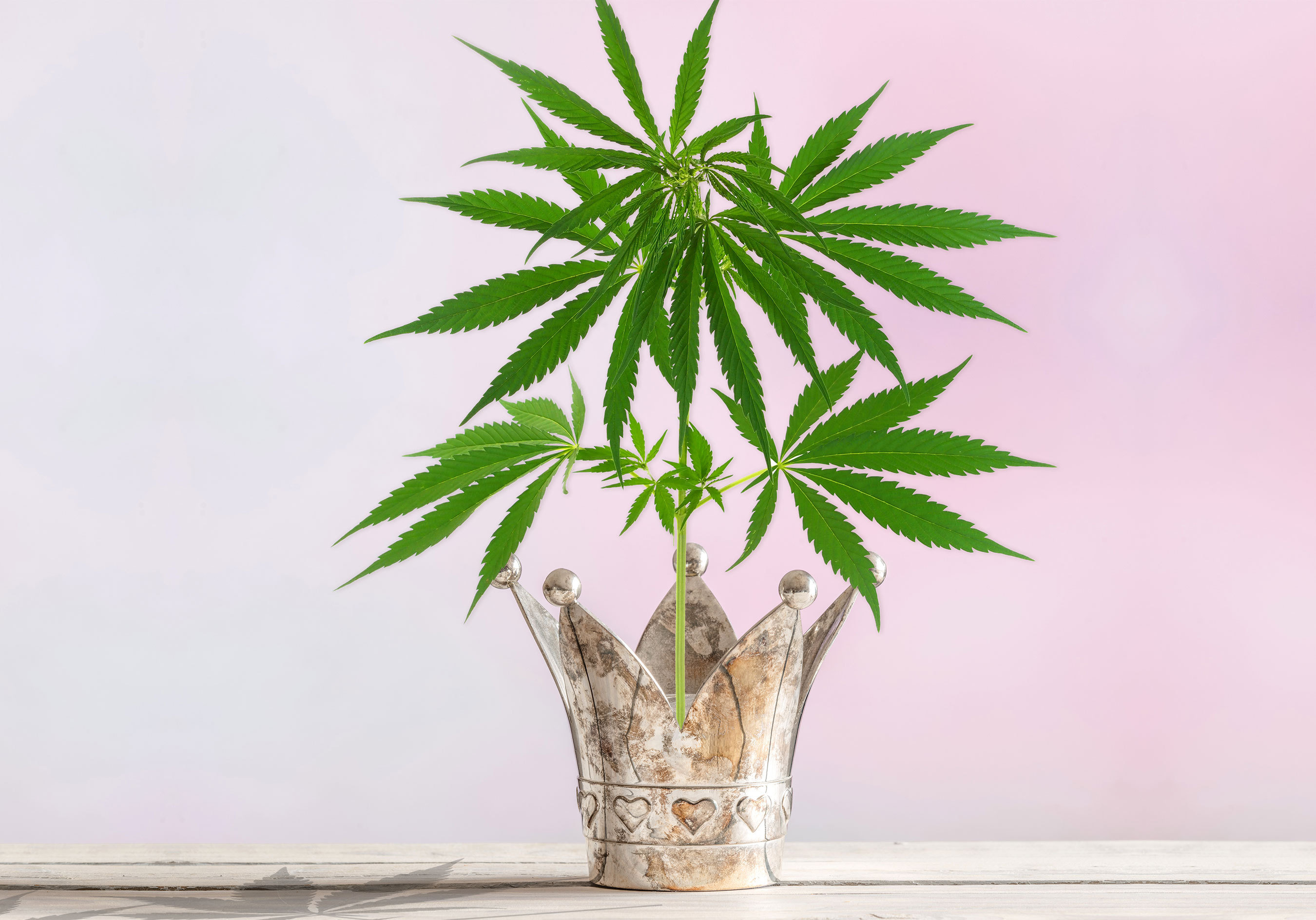The coal industry once formed the backbone of West Virginia’s economy, but with a painful decline in coal production, King Coal’s reign is coming to an end. According to Newsweek, West Virginia has some of the highest poverty and unemployment rates in the nation. For the first time ever, CNBC ranked the Mountain State as the worst state in America for business in 2017. While coal may be dying, coal country doesn’t have to – and West Virginia’s legislature may have already found a successor to the throne.
During its 2017 legislative session, the West Virginia legislature passed a law allowing approved individuals who have received a permit through the West Virginia Department of Agriculture (WVDA) to grow non-THC varieties of the cannabis sativa plant, also known as industrial hemp.
According to The Herald-Dispatch, West Virginia Department of Agriculture Commissioner Kent Leonhardt stated: “The legislature found that the development and use of industrial hemp can serve to improve the state’s economy and agricultural vitality and that the production of industrial hemp can be regulated so as not to interfere with the strict regulation of controlled substances in this state. The purpose of the industrial hemp development act is to promote the economy and agriculture by permitting the development of a regulated industrial hemp industry while maintaining strict control of marijuana.”
In 2016, the WVDA licensed 9 individuals to cultivate 13 acres of industrial hemp, and they approved 54 applications in 2017 from growers to produce approximately 1,400 acres of hemp. “We expect to see the number of growers increase each year,” said Crescent Gallagher, Communications Director for the WVDA. Leonhardt says that even though the state lags behind its neighboring state of Kentucky, he believes West Virginia will continue to add more growers in years to come. “We see great potential in the growth of the industrial hemp industry in the state.”
The passage of the 2014 Federal Farm Bill opened the way for hemp to be cultivated in the United States, but the industry remains heavily regulated. West Virginia receives its seed source approval from the U.S. Drug Enforcement Agency. Approved growers can determine what type of hemp seeds they want, but they must order hemp seeds through the WVDA. The WVDA then vets the seeds to ensure the hemp grown contains 0.3 of a percent or less concentration of tetrahydrocannabinol (THC), the principle psychoactive compound found in marijuana. “We regulate the seeds and the growing of industrial hemp by making sure it is at the proper THC level,” Gallagher said. WVDA inspectors visit the industrial hemp growing and production operations to collect samples and test for THC levels, and according to Gallagher, they do the testing at their labs in Guthrie.
Within the rapidly growing industrial hemp industry is a new category of products seeing its own equally rapid rise in popularity: cannabidiol (CBD) hemp oil. Jerie Laishley is the owner of Appalachian Forest Herbs located at 307 6th Avenue in Huntington. She specializes in native forest plants, including trees, roots, oils and teas, but she began selling Ananda Hemp products in October 2017 after the new law passed in West Virginia. In her interview with The Herald-Dispatch, Laishley said her wish is that people would try hemp oil before they use opiates and narcotics, adding: “This might be my small contribution to try to decrease the opioid epidemic in this area.”
While it’s too early to tell what kind of impact industrial hemp will have on the state, the crop continues to show promise as a viable farm commodity. According to Leonhardt: “The research is expected to conclude as to how well hemp grows in West Virginia, what products can be produced from the crop and the hemp varieties best suited to grow here.”
